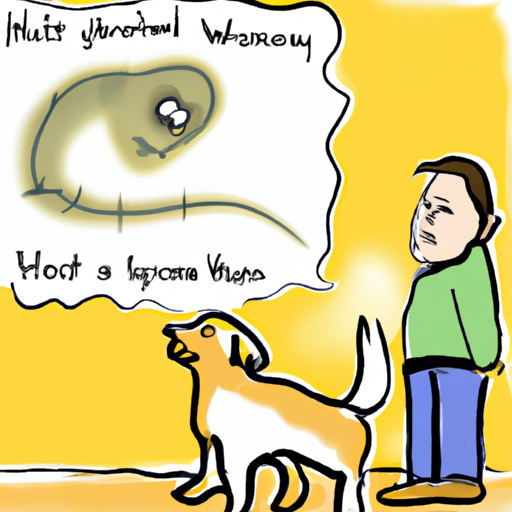Introduction
If you’re a dog owner, it’s likely that you’ve heard of heartworms and the devastation they can inflict on a dog’s health. You, as a caregiver, want the best for your furry friend. Here’s what you need to know about the first signs of heartworms in dogs.
1. Understanding Heartworms
Heartworms are parasites that live in the heart, lungs, and blood vessels of affected animals. Dogs are natural hosts for these parasites. The heartworm larvae are transmitted to dogs through the bite of an infected mosquito.
| Heartworm Stage | Description |
|---|---|
| Larvae | Transmitted by mosquito, grow in dog’s body |
| Adult | Live in heart and lungs, can cause severe health issues |
2. Recognizing the Early Symptoms
The early signs of heartworms in dogs can be subtle, but you should be on the lookout for:
- Coughing: Dogs may develop a mild, persistent cough as the heartworms begin to affect their lungs.
- Fatigue: Your dog might become easily tired or seem less willing to play or go on walks.
- Weight loss or loss of appetite: As the disease progresses, dogs may lose their appetite or start to lose weight.
3. Progression of the Disease
As the disease progresses, you may begin to notice more severe symptoms:
- Difficulty breathing: Heartworms can cause fluid to build up in the lungs, making it difficult for the dog to breathe.
- Protruding ribs or a swollen belly: This is due to fluid accumulation as the heartworms obstruct the heart and blood vessels.
- Collapse or fainting: In severe cases, dogs may collapse or faint due to the strain on their heart.
4. Preventing Heartworm Disease
Heartworm disease can be devastating, but it’s also preventable. Here are some steps you can take:
- Regular Vet Checkups: Early detection is key to successful treatment.
- Preventative Medication: Ask your vet about heartworm preventatives.
- Regular Testing: Even with preventative measures, regular testing is still crucial.
5. Frequently Asked Questions
Q: Can humans get heartworms from dogs?
A: No, heartworms are species-specific and cannot be transmitted to humans.
Q: How often should my dog be tested for heartworms?
A: Most vets recommend annual testing, but it can depend on your dog’s health and lifestyle.
Q: Can heartworms be cured?
A: Yes, but treatment can be lengthy and expensive. Prevention is always the best option.
Q: Is heartworm disease painful for my dog?
A: Yes, heartworm disease can cause discomfort and pain, especially as it progresses.
Being a caregiver means watching out for the well-being of those in your care. So, keep these signs in mind and ensure your dog lives a healthy, heartworm-free life.



